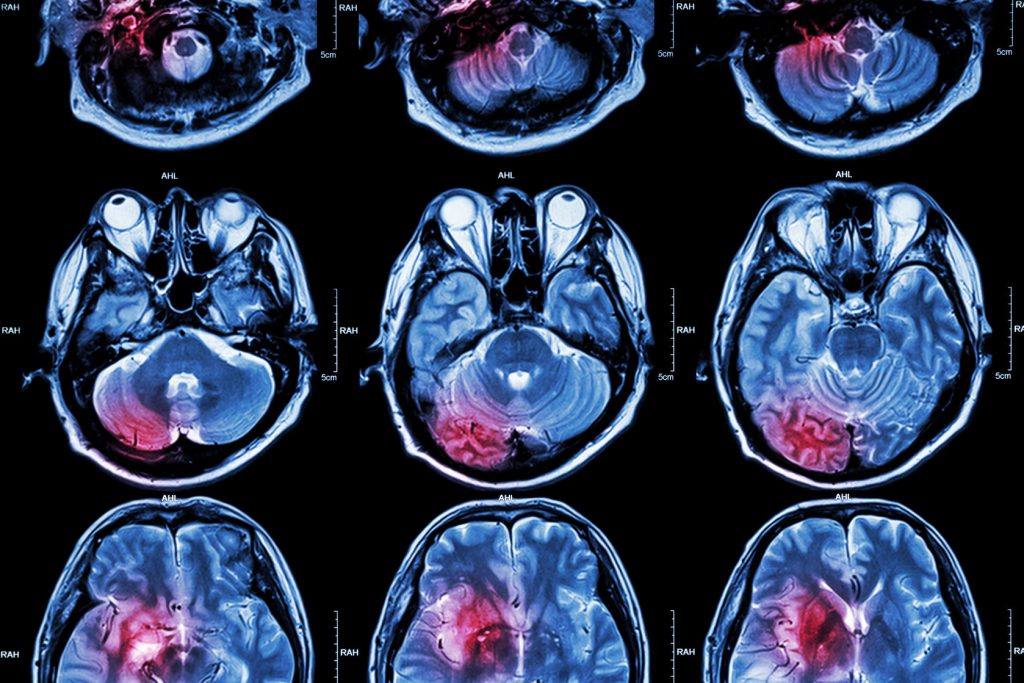While the processes behind Alzheimer’s disease development aren’t fully understood, recent research has suggested that some cognitive decline could be caused by seizure-like activity in the brains of patients. In light of this, researchers at Beth Israel Deaconess Medical Center (BIDMC) decided to test the anti-epileptic drug levetiracetam on patients with early-stage Alzheimer’s disease to assess its potential cognitive benefit.
While some Alzheimer’s patients may experience epileptic seizures, others will display altered electrical activity in the brain which can be detected by an electroencephalogram (EEG) brain scan. While this aberrant brain activity doesn’t clinically manifest itself as a seizure, it can have an effect on the cognitive functioning of patients.
“In the field of Alzheimer’s disease research, there has been a major search for drugs to slow its progression,” said Dr. Daniel Z. Press, of the Berenson-Allen Center for Non-invasive Brain Stimulation at BIDMC. “If this abnormal electrical activity is leading to more damage, then suppressing it could potentially slow the progression of the disease.”
The feasibility study included a small group of Alzheimer’s patients who underwent an EEG in order to establish their baseline electrical activity in the brain. The patients were then given a low dose or high dose of injectable levetiracetam, or a placebo. Within the three-visit study period, each patient received all of the treatments, though both the physicians and patients were blinded to reduce bias.
To study the effects of the epilepsy drug, patients underwent another EEG following dosing, along with magnetic resonance imaging (MRI) to measure the location of brain activity. Patients also took a cognitive test to asses some of the common impairments seen in early Alzheimer’s disease, including memory, executive functioning and visuospatial ability.
In all, only seven patients completed the study, limiting the generalizability of the results. Still, the researchers found that higher doses of levetiracetam were associated with normalization of brain activity in the Alzheimer’s patients.
“It’s worth noting, we did not demonstrate any improvement in cognitive function after a single dose of medication in this study,” said Press, who is the senior study author paper which was published in the Journal of Alzheimer’s Disease. “It’s too early to use the drug widely, but we’re preparing for a larger, longer study.”
Drug development for Alzheimer’s has largely targeted the accumulation of β-amyloid and tau proteins, which are thought to contribute to cognitive decline and disease progression. Unfortunately, these efforts have proved largely unsuccessful leaving the five million Americans who suffer from the disease with few treatment options.
“These strategies have not led to new therapies to date,” said Press. “There have been a lot of disappointments. So our findings represent an interesting new avenue.”
Larger clinical trials would be necessary in order to determine the safety and efficacy of levetiracetam in patients with Alzheimer’s. Levetiracetam was originally developed by UCB Pharma and is approved to treat various forms of seizure.












Join or login to leave a comment
JOIN LOGIN